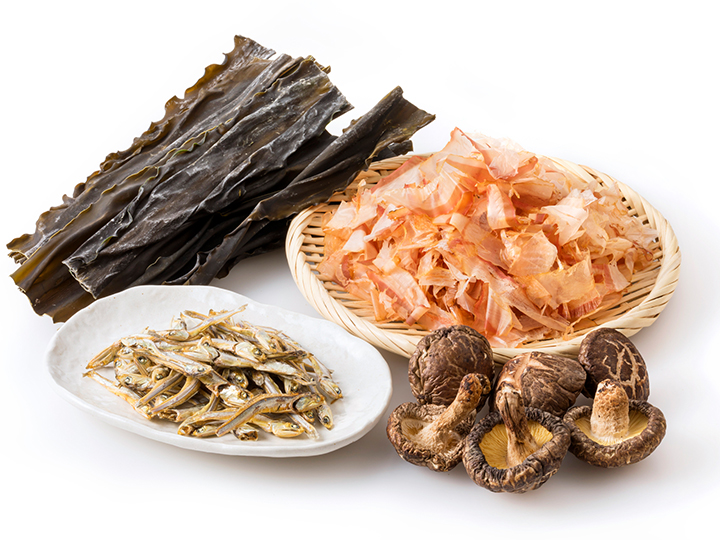This Year’s Theme: My Japanese Cuisine
This year’s theme, “My Japanese Cuisine” aims to appeal to non-Japanese chefs of Japanese cuisine, as well as chefs who are interested in Japanese food and food culture and students who want to become chefs.
Japanese cuisine has been developed around ‘dashi culture’, with emphasis on UMAMI. Using the precious ingredients bestowed by nature, Japanese cuisine incorporates 5 main cooking methods; Cutting, Simmering, Grilling, Deep-frying and Steaming.
However, Japanese chefs are not the only ones in pursuit of the spirit and skills of Japanese cuisine.
Just as a French Restaurant which has gained popularity by incorporating elements of Japanese cuisine has been awarded 3 Michelin stars, the global presence of Japanese cuisine is spreading, and is adapted and integrated into the food cultures of other countries.
Everyone has his / her own different idea and impression of a cuisine. We hope that you will all demonstrate your knowledge and skills of, and passion for Japanese cuisine in your dishes!
We hope you will join this contest expressing your onw way of “My Japanese Cuisine”.
We look forward to receiving your applications.
Contest Theme: UMAMI
Since its 5th year, the contest theme of the Washoku World Challenge has been UMAMI, which is the essential taste at the heart of Japanese cuisine.

What is UMAMI?
UMAMI is the source of the savoriness of Japanese cuisine. It is one of the five basic tastes, the others being sweetness, sourness, saltiness, and bitterness, and an important component of a dish’s flavor. Recognition of UMAMI has increased in recent years, and the word has made its way into many non-Japanese dictionaries. The UMAMI taste is usually a product of some combination of inosinic acid, amino acids such as glutamic acid, and nucleic acids such as guanylic acid. In Japan, the technique of extracting UMAMI from kombu kelp and bonito flakes to create dashi broth was developed approximately 500 years ago. Many cookbooks were published in the mid-Edo period (around 1651-1745), and these strongly advocated the importance of dashi. Japan has a long history of valuing dashi highly, and its UMAMI has brought out the flavors of ingredients and played key roles in the creation of delectable dishes.
Eligibility to Application
Application is restricted to those of non-Japanese nationality who fulfill the following conditions:
* applications will be accepted regardless of whether the applicants live in or outside of Japan.
- Chefs of Japanese cuisine
- Chefs who are interested in Japanese food and food culture
- Culinary students who study Japanese cuisine and want to become chefs
- Students studying at Japanese culinary institutions and those involved in Japanese cooking programs in Japan
- Contestants of past contests
Application Flow
- Application
-
- Benefit 1
- Applicants Only
Special educational videos
- Paper Screening
-
15 contestants
to be selected- Benefit 2
- 15 contestants Only
Special kits
delivered from Japan
- Video Screening
-
6 finalists
to be selected - Special Event for Finalists
* The Special Kits will be delivered after finishing Video Screening.